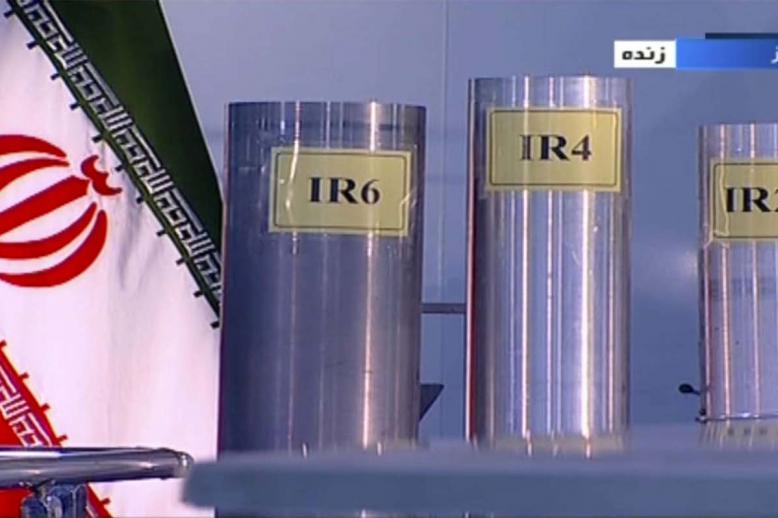Erdogan’s ‘milestone on the road to the end’
The colossal loss at the ballot box in local elections gave Turkish President Recep Tayyip Erdogan a stinging defeat and much to think about.
The results of the vote raise questions about the future of the president’s Justice and Development Party (AKP) and could mark a major turning point for Turkey and the region.
Amazingly, these losses came about despite the image of popularity Erdogan tried to paint — or he erroneously believed he had — and despite dirty tricks and underhanded tactics used against his opponents.
Erdogan did not hesitate to call his political opponents “traitors in league with terrorists.” That gave him room to stir up anger and portray himself as the innocent target and who would ride to the rescue of Muslims wherever they were under attack.
Erdogan toured city after city using his usual rhetoric to stir up hate and express his chauvinistic view of nationalism. He resorted to showing, at one campaign venue, video of the horrific attacks on the two mosques in Christchurch, New Zealand, while projecting himself as the defender of Islam.
Ultimately, when the time came for the people of Turkey to vote, they sent a clear message to the president and his party. In fact, they could have just as well borrowed the underlying strategy of Bill Clinton’s 1992 campaign for the US presidency: “It’s the economy, stupid.”
Erdogan seemed to ignore or perhaps not dedicate enough time and energy to revamping the economy.
Erdogan and his AKP lost in Ankara, the capital. They lost in Izmir, the country’s third largest city. They lost in Adana, in Antalya and, more important, they lost in Istanbul, the main commercial centre in the country.
Losing in those cities means losing opportunities for Erdogan’s party to control large constituencies through economic patronage. More symbolically, Istanbul is where Erdogan began his political career as mayor.
What the message tells the Turkish president and his advisers is that the people are far more concerned with the foundering economy than putting the country on a path to becoming an Islamic republic, somewhat like Iran.
The people, as indicated by the election, are more interested in how the country is doing economically than changing the political basics on which the country — the modern Turkish Republic — was founded.
There is some uncertainty as the government said it would contest some results and there are risks of government foul play. Given Erdogan’s record, this is almost a sure thing.
What does this loss mean for Erdogan, a man used to winning elections? This election marks his first major setback, leading observers to speculate whether this could be the beginning of the end for the AKP.
“It would be more appropriate to call it a milestone on the road to the end,” said Kemal Can, a Turkish newspaper columnist, who was among commentators in pointing to Turkey’s economy and the country’s lira, which has been losing value day after day. Ten years ago the 1 Turkish lira was worth about 60 US cents; today it is worth 18 cents.
“The government used harsh language against everyone who was against them,” Can said. “This language was not welcomed even by some of their own supporters. The opposition successfully managed not to be dragged into this fight and left the ruling party alone in the tension they created.”
The Turkish local elections, which took place about a year after Erdogan was re-elected to a new 5-year term, are widely seen as a referendum on Erdogan’s leadership and his party’s grip on power. Ironically, that’s the way an overconfident Erdogan wanted it. Instead of a coat-tail effect, he helped create the conditions for a fiasco.
In the past, the Turkish military had always played the role of the defenders of the country’s democratic aspirations, as set out by Mustafa Kemal Ataturk, the founder of the modern Turkish state, but Erdogan nibbled away at the top military infrastructure in such a way that the army could no longer be guardian of the country’s political shortcomings.
However, the Turkish people seem committed to staying the course of democracy despite threats of oppression from the regime.
Claude Salhani is a regular columnist for The Arab Weekly.
This article was originally published in The Arab Weekly.







